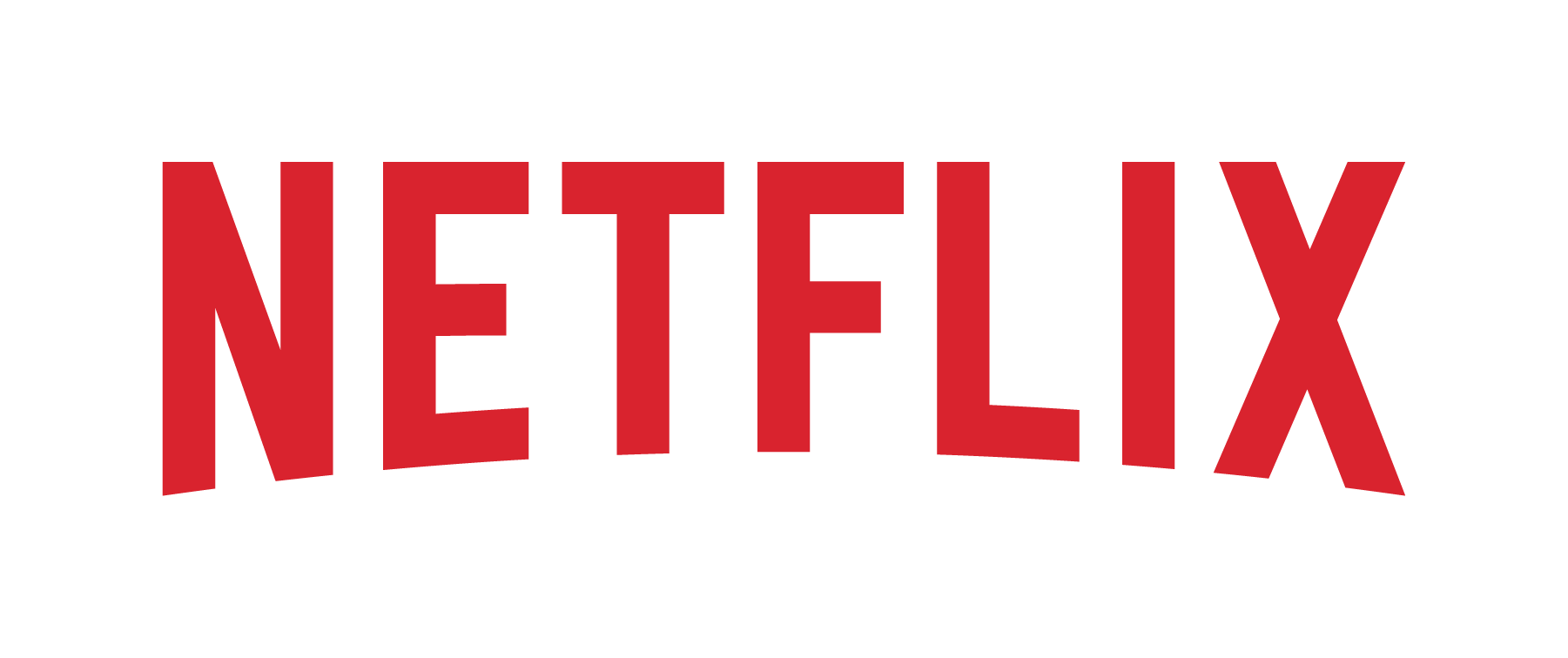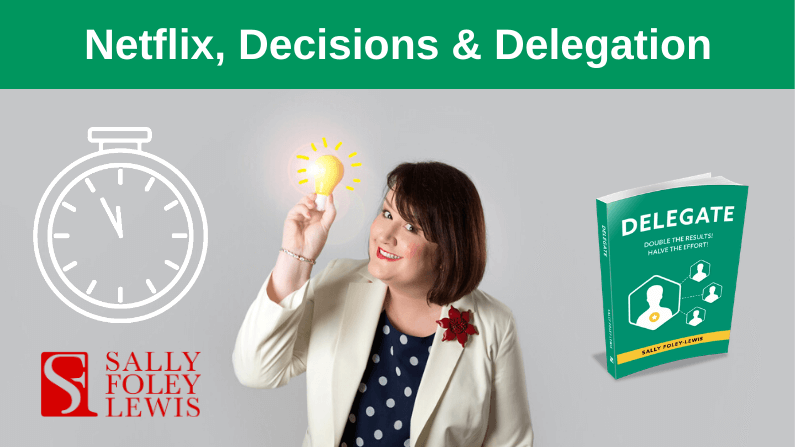Netflix.
I’ve just recently discovered that Netflix-produced shows have only a five-second window before they move on to the next episode automatically. Whereas it looks like other produced shows on Netflix have a, I think, 15 to 20-second gap before they move on to the next show automatically.
This five seconds is really quite clever and a little bit sneaky maybe, because when it’s only a five-second gap, that’s often not enough time to grab the remote or hit the mouse, pause or stop or close down Netflix, and then either go to sleep because it’s getting late (a side-effect of the binge), or go and do something different. This contributes to perpetuating the binge watching.
I could be wrong but that’s how I saw it when I noticed it: “Hey, this is cheeky, it’s too fast and too easy to simply watch the next episode!”

This is reeling me right in and maybe we’re a bit like that at work. Maybe we just go from one thing to the next, to the next, to the next, almost on autopilot and we don’t stop long enough. Maybe we don’t stop for the 15 to 20 seconds that it may only take to say, “Hang on a minute, is what I’m doing or the next task I’m going to do the best use of my time, my expertise and my energy right now?”
We are all prone to being on autopilot at times, but if it’s happening more often than not then that’s not necessarily as helpful or healthy for ourselves, our work and our teams.
This Netflix five seconds change and impact has been going around in my head and it’s really triggered the question: what else just keeps us in the loop without us actually stopping and assessing whether staying is easier or better?
Ask yourself:
- Am I doing this task because I don’t want to do something else?
- Am I avoiding a decision because I am in a habit loop?
- Am I avoiding a decision because I have decision fatigue and the quality of my decisions have deceased?
- Am I’m avoiding dealing with something that I know I really should be dealing with as a leader of a team?
- Am I just stepping into the next activity or the next task when in actual fact, I could be delegating that task to someone and helping to develop people in my team?
I suggest that we pay more attention to what we’re doing, be a bit more present in what loops that we’re staying – or caught – in as opposed to stopping and checking that the next thing we do is actually the best use of our time.
By taking stock of what you do as a habit or routine and assessing if tasks or projects could be delegated, you give yourself leverage to:
- Stop doing work that really should be performed by others;
- Do work far more aligned to your level and authority; and
- Develop your team members through delegating.
If you knew that you’d get 20% more productivity, performance or profits if you were only 10% more present to catch/identify and question a habit loop, would you take that step? [See note below.]
I’d love to know your thoughts…
Notes:
Netflix image source Giphy
Delegate for competitive advantage by Gail Thompson




